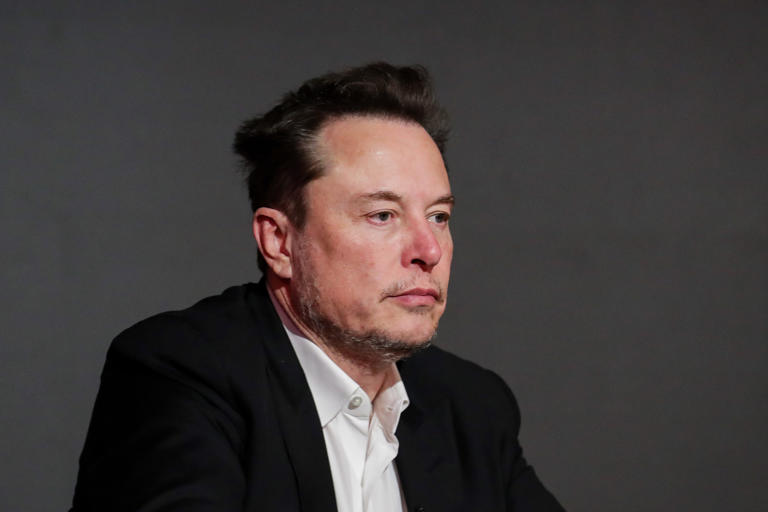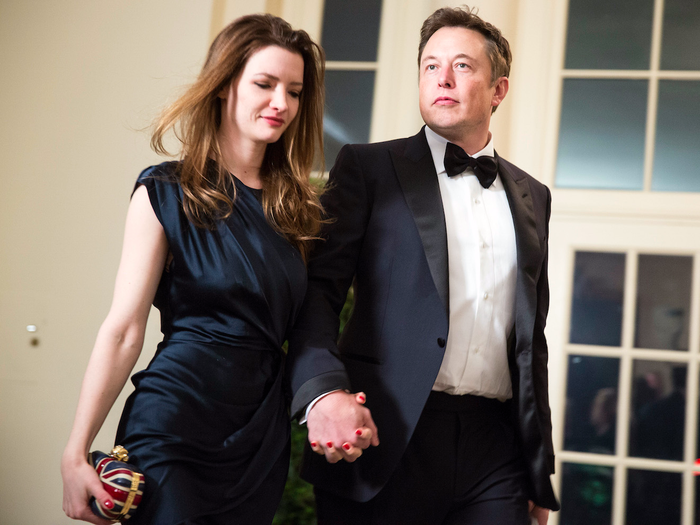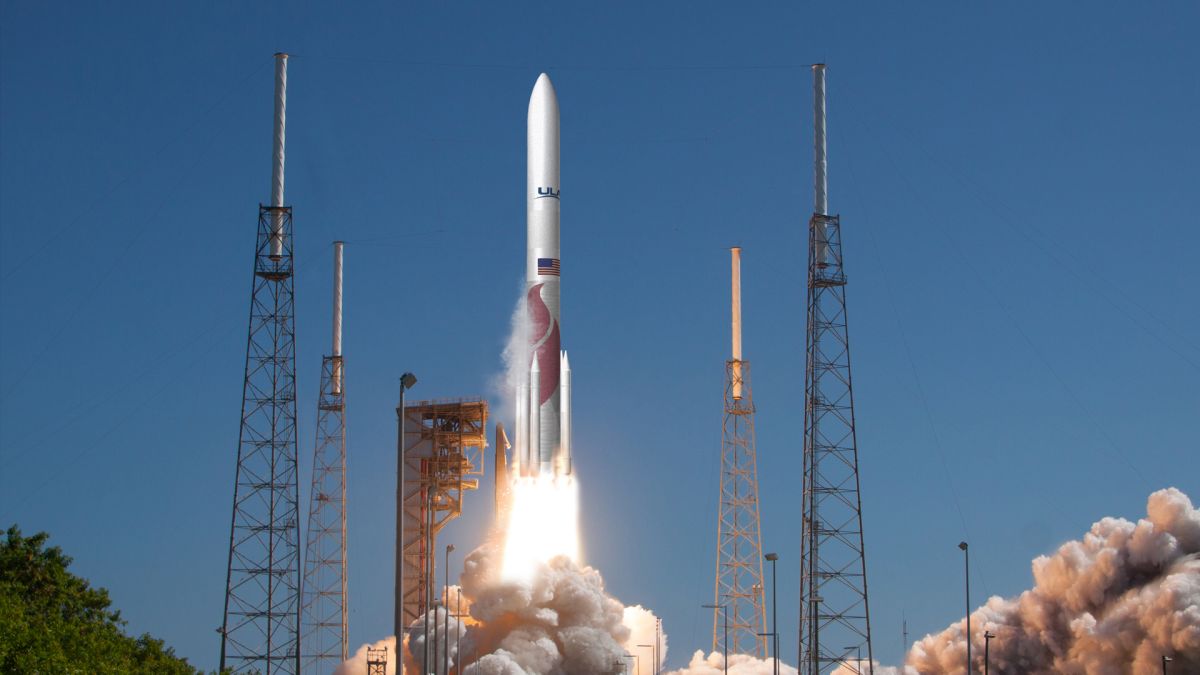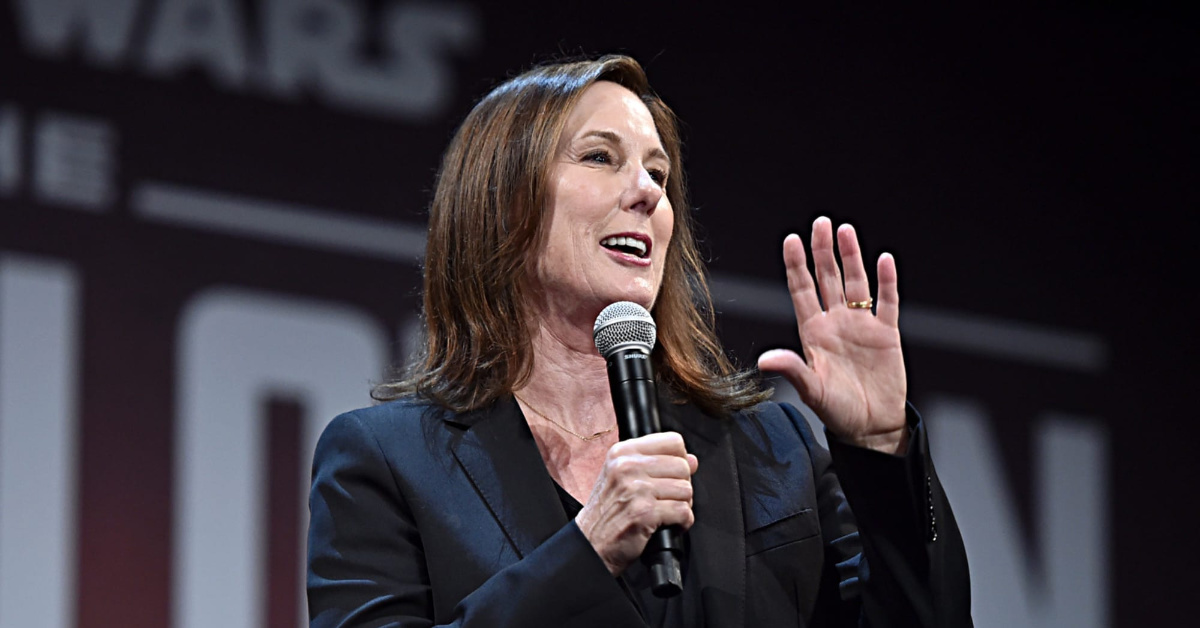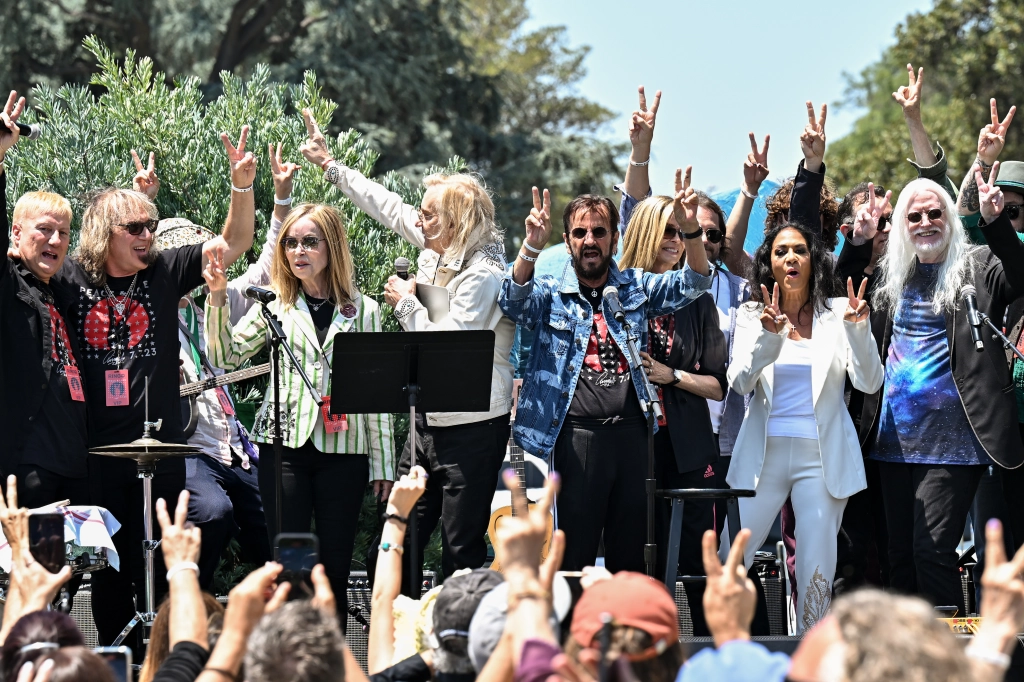Norway’s sovereign wealth fund, managed by Norges Bank Investment Management, has made a notable move by announcing its decision to vote against the proposed $56 billion compensation package for Tesla’s CEO, Elon Musk, at Tesla’s upcoming annual meeting. This stance is set to influence the votes of other shareholders as they prepare to deliberate on Thursday.
In its official statement, Norges Bank Investment Management acknowledged the immense value generated under Musk’s leadership since the compensation package was initially approved in 2018. Despite this acknowledgment, the fund voiced significant concerns regarding the overall size of the award, the structure of its performance triggers, potential dilution of shares, and the absence of safeguards to mitigate the risks associated with Musk’s central role. As the eighth largest shareholder in Tesla, with a valuation of $1.7 trillion, the stance of Norway’s sovereign wealth fund carries substantial weight in the investment community, as highlighted by Reuters.
Robyn Denholm, Chairperson of Tesla’s Board of Directors, addressed shareholders earlier this week, emphasizing the need for mutual respect in the discussions about Musk’s compensation. She stressed that Musk is driven by more than financial incentives, highlighting his continuous stream of innovative ideas and his capacity to make a global impact. Denholm pointed out that Musk’s motivation transcends monetary gain, noting that he remains one of the wealthiest individuals globally, regardless of the outcome of the compensation package vote.
Nicolai Tangen, the CEO of the Norwegian wealth fund, has previously expressed concerns about escalating corporate greed, which he believes has reached unprecedented levels and is becoming increasingly costly for shareholders due to dilution. In a 2022 interview with the Financial Times, Tangen highlighted these issues, underscoring the broader implications for corporate governance.
The controversy surrounding Musk’s compensation package is not new. The package, initially approved by investors in 2018, faced legal challenges and was recently scrutinized by a Delaware judge. The judge described the sum as “an unfathomable amount,” leading to the requirement for the board to reapprove the deal. Last month, major proxy advisory firms Institutional Shareholder Services (ISS) and Glass Lewis also recommended voting against the package, adding to the mounting opposition.
Denholm reiterated that the central issue is not Musk’s wealth. She noted that Musk, currently the third richest person globally with a net worth of $203 billion according to the Bloomberg Billionaires Index, would maintain his wealth status even if Tesla retracted the 2018 compensation agreement. Despite Tesla’s record-breaking sales of over 1.8 million electric vehicles in 2023, the company has been subject to increased scrutiny and internal challenges.
Recent reports indicate that Musk has been diverting critical resources to his other ventures, such as the social media platform X and his AI startup xAI. Emails obtained by CNBC reveal that Musk has been reallocating attention and resources away from Tesla, raising concerns among investors about his focus and commitment to the company. Earlier this year, Musk’s tweet expressing his discomfort with Tesla’s growth in AI and robotics without securing 25 percent voting control was perceived by some investors as a form of “blackmail.”
In April, Musk’s decision to disband Tesla’s entire Supercharger team, including senior director of EV charging Rebecca Tinucci, drew criticism from both investors and partners. This move is part of a broader pattern of Musk’s controversial management style and strategic decisions that have simultaneously driven Tesla’s success and posed significant challenges.
As the vote on Musk’s compensation package approaches, its outcome is being closely watched. The decision holds significant implications for corporate governance practices and executive compensation at one of the world’s leading electric vehicle manufacturers. The ongoing debate underscores the complex dynamics between corporate leadership, shareholder interests, and the overarching goals of innovation and growth within the industry.

